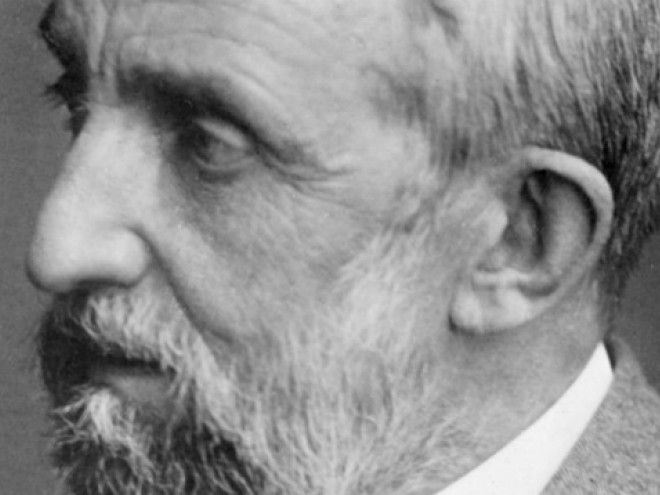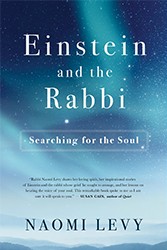Einstein’s Jewish Science poses this question: Is Einstein’s Theory of Relativity Jewish science? The Nazis thought it was, and author Steven Gimbel lays out a penetrating and comprehensive history of their campaign to convince others of its — in their eyes — stigmatized provenance. One of the more compelling sections of Gimbel’s treatise looks back at the history of other prominent scientists, Galileo, Descartes, and Newton, among them, to consider whether their scientific work similarly reflects their religious beliefs.
Gimbel concedes that his central question itself begs the question: Was Einstein Jewish? It’s not a novel query, but it’s one that Gimbel considers adeptly and exhaustively. He masterfully recounts the political and cultural milieu during Einstein’s life and its impact on science.
Despite its front-page placement in The New York Times Book Review (August 5, 2012), this book is much more a scholarly read than a popular one. In his introduction Gimbel begs the indulgence of the reader through the “winding intellectual paths” of the book, and twist they do. Ultimately, Gimbel makes the profound point that relativity, which assumes an absolute truth, but one which is not available to any particular frame of reference, requires “diversity within the mind.” And this way of thinking, reminiscent of Talmudic argument, reveals “that larger truth that is too big to fit into one perspective.”
Throughout, I couldn’t help but ask, if I’m not an academic historian of Einstein and his times, why do I care if relativity is Jewish science or not? Gimbel gets to the relevance of the thesis in the last chapters, and I wish the book were reorganized back to front. Still, I was never completely convinced that this isn’t a subject that expired with the Third Reich. Index, notes.
Additional Reading
Juli Berwald Ph.D. is a science writer living in Austin, Texas and the author of Spineless: the Science of Jellyfish and the Art of Growing a Backbone. Her book on the future of coral will be published in 2021.





